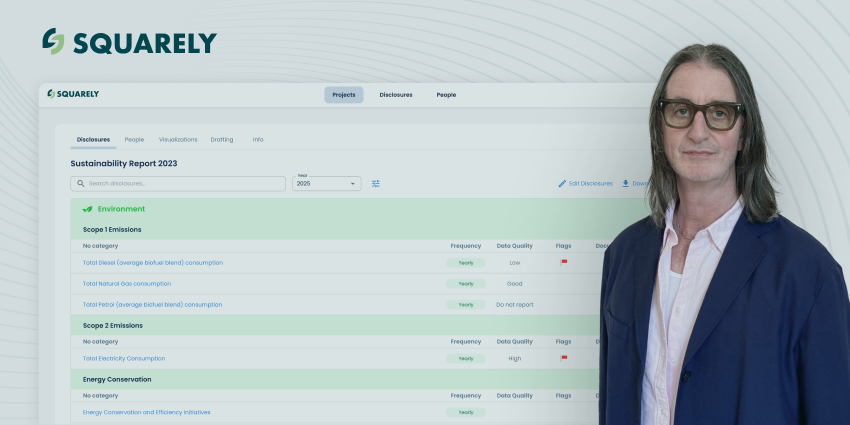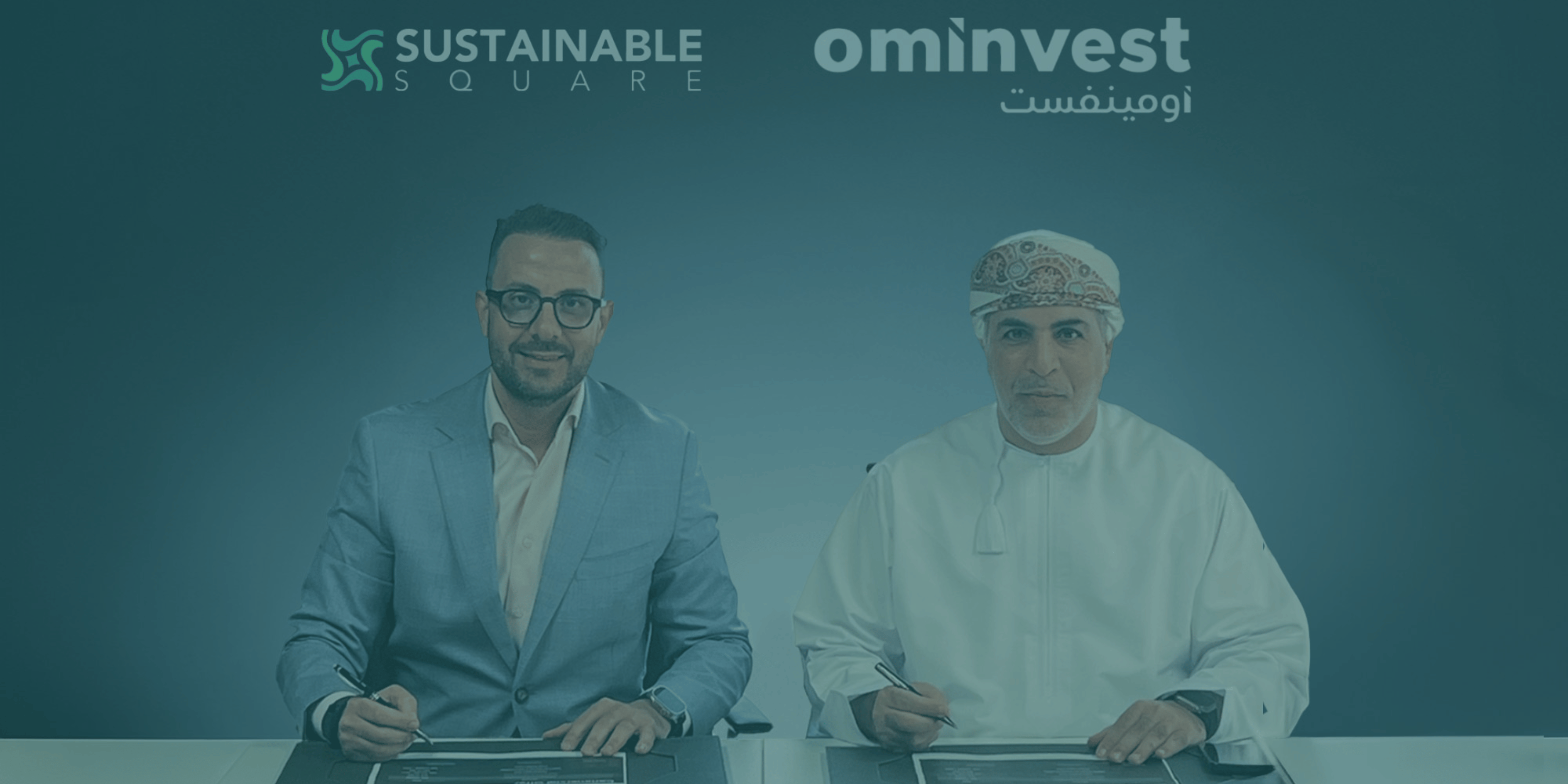EAST AFRICA: IMPACT MEASUREMENT AS A DEFINING ELEMENT OF IMPACT INVESTING
Over the years, the international development community has shifted focus from donor dependent aid to strategic investments that offer the promise of long-term sustainability. Since 2010, Impact investing has been growing due to it’s potential to contribute to development objectives (promoting environmental and social good) while reinforcing economic growth (earning revenues), providing to be a via options for investors seeking responsible investment.
Developing countries have been a target for these investments over the last decade, specifically African nations. The region has become a significant site of attraction for impact investments over the years, with investments of over USD 9.3 billion in more than 1,000 direct deals. According to the Global Impact Investing Network on disbursements per country, Kenya and Uganda are the top two nations leading, with Kenya receiving close to half of the investment followed by Uganda – 13%, Tanzania – 12%, Ethiopia – 7% and Rwanda- 4%.
Even with this increasing interest, availability of impact capital and immediate investment opportunities, in the region, the sector faces a myriad of challenges of limited capacity, market volatility and unpredictability. These challenges create a massive mismatch between potential investors and impact projects on the ground across the funded sectors which include agriculture, renewable energy, tourism, and aquaculture.
Impact measurement
An essential element defining Impact investment is the demonstration of environmental, social and economic progress, which is actualised through measuring, understanding and scaling the impact of an investment. A significant challenge in the East African region for both social enterprises and investors is inadequate and inconsistent measurement and reporting on the impact of investments. Overall, there lacks standardised reporting frameworks and metrics to cover the market needs for impact information effectively and enable benchmarking for prospective social investments in some projects besides lack of consistency in measuring performance against clearly defined deliverables and impact targets.
Globally, Impact measurement has become a priority in all sectors not just impact investing as Corporate CSR departments, NGOs and foundations want to understand and demonstrate their programs outcomes and value created. Evidencing their impacts can assist them in gaining internal buy-in and access to more funding, as Investors want to know the social and environmental value their money is creating while, governments measure the social impact of their policies, programs, and funded activities to increase accountability and reach better outcomes.
Business case for impact measurement:
-
One major challenge in impact investing is access to financing and viability of projects. Investees are unable to showcase the potential of their programs to drive and achieve the desired outcomes for potential investors. Demonstrating environmental and social impact acts as an appropriate way of marketing to attract funds and build a good reputation that affirms trust.
-
Globally, Data on the social, environmental impact journey of a project/ social enterprise is being used by investors to target and select high potential impact projects, deals and generating new businesses. Impact reports are therefore pertinent in influencing investment decisions towards planned projects.
-
Impact measurement leads to a better understanding of the current and potential customer/ beneficiary needs. This enables proper customer/ beneficiary segmentation, pricing, and customised product development. Investors, on the other hand, use this understanding to determine the level and type of support to offer, increasing growth in revenue.
-
One of the primary reasons for measuring impact is to enhance the effectiveness, appropriateness, and efficiency of a project or portfolio. Forecast measurement enables alignment of resources towards high potential products and services while measuring ongoing projects allows evaluating against desired targets and improving or downscaling depending on the results.
-
Social enterprises are always faced with the challenge of addressing potential or existing risks, and aligning strategies to fit desired outcomes which leads to most start-up failures. Impact measurement enables enterprises and their investors to spot warning signs on potential and existing risks that would undermine impact performance especially when strategies are not appropriately aligned.
Over the years, we have worked with various organisations in delivering impact through our advanced practices in sustainability, social investment and environmental practices. From our experience working in Africa, Asia and the middle east, the impact investment sector is full of unexploited opportunities owing to the existing mismatch and disconnect between investors and potential programs. Moving forward we will continue to assist organisations in measuring and evidencing the impact of their programs and strategies using advanced methodologies such as SROI (Social Return on Investment) methodology, by Social Value International. We will also work with investors to identify would be impact projects in all sectors, this is part of our promise to deliver impact in the regions we work in while aligning with local and global standards such as the UN Sustainable Development Goals (SDGs).


